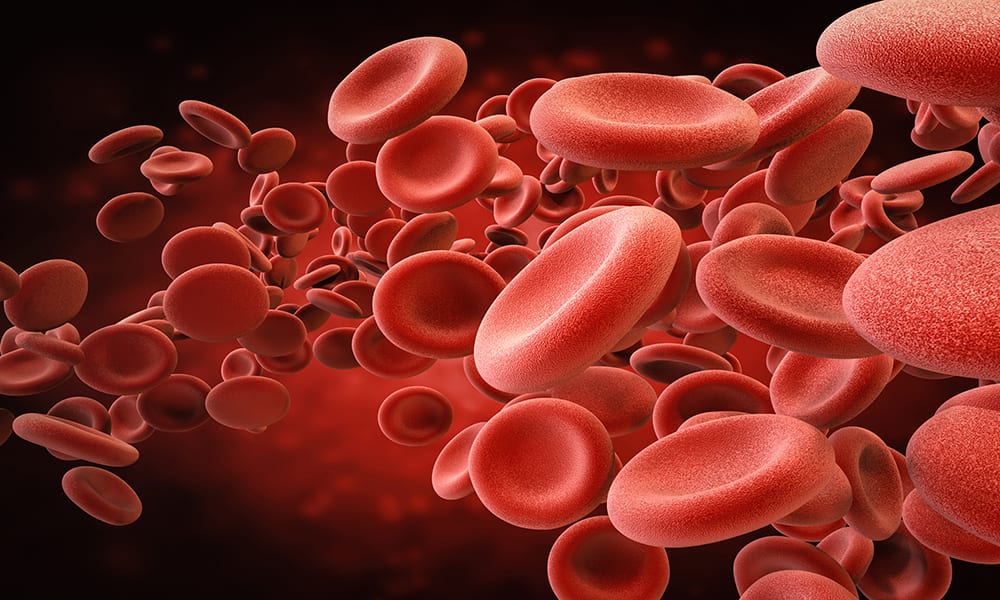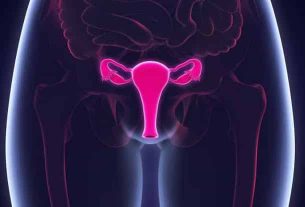Is leukemia curable? Is it cancer? What are your symptoms? Everything you need to know about global actress Suzana Vieira’s illness.
Among the most feared diseases, leukemia certainly ranks among the first. Although rare, it is one of the most aggressive types of cancer.
Last Monday, the 12th, it was reported in the press that the iconic Suzana Vieira has the disease, however, it is under control. According to the actress’ press office, “it’s not something new.
It’s been a while. It’s completely under control.” Furthermore, they added: “There are no restrictions whatsoever and that is why she has been following her personal and professional schedule normally.”

The disease, which affects around 150,000 Brazilians per year, is always portrayed in pop culture. Successful films like A proof of love e A love to remember has leukemia as its central subject.
Here in the Tupiniquin lands we are not far behind, since Family relationshipsa prime-time soap opera on Globo in the early 2000s, the disease was the main plot. What do you know about leukemia?
What is leukemia and the types
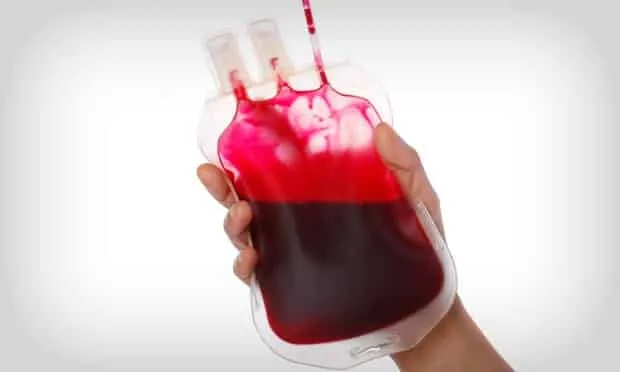
Considered the 9th most common disease among men, and the 11th among women, leukemia can be fatal. Simply put, it is a cancer that occurs in the bloodstream, making it difficult for the body to fight infections. Its main characteristic is the accumulation of young defective cells in the bone marrow. These abnormal cells replace blood cells, causing the problem.
Leukemia will be classified based on the speed of progression. It can be classified as acute, where it evolves quickly and more violently; chronic, which develops slowly and may take years before the first symptom appears; lymphocytic, which attacks the immune system directly and; myelogenous, which affects the production of white cells, red cells and platelets.
The most common types are acute lymphocytic leukemia, acute myeloid leukemia, chronic myeloid leukemia, and chronic lymphocytic leukemia. In addition to them, there are other even rarer types, such as hairy cell leukemia.
Causes
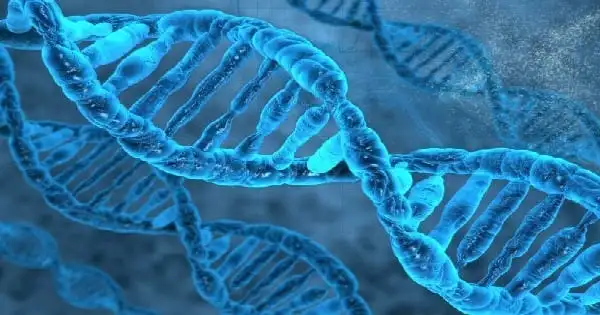
Talking about the causes of leukemia can be a little complex, because the drivers of the disease are not very clear to this day, and there is little solid information. What is known is that there are some genetic predispositions that favor the disease, however, it is not hereditary and does not pass from parent to child, nor is it contagious and therefore does not pass on to other people.
Still, there are some clear risk factors for medicine. Firstly, people who have had another type of cancer and have undergone chemotherapy or radiation therapy have increased risks. Second, certain genetic disorders, such as Down syndrome, also deepen the risks. Third, exposure to certain chemicals like benzene. Lastly, smoking also increases the chances of developing leukemia.
Symptoms

There are many symptoms that can be caused by leukemia. Most of the time, as they are common in other diseases, it is common to confuse the symptoms of leukemia with other diseases. See what they are:
- Fever
- Fatigue
- Weakness
- Infections
- Effortless weight loss
- Enlarged liver or spleen
- Bleeding
- Red spots on the body
- Excessive sweating
- Body and joint pain
Treatment
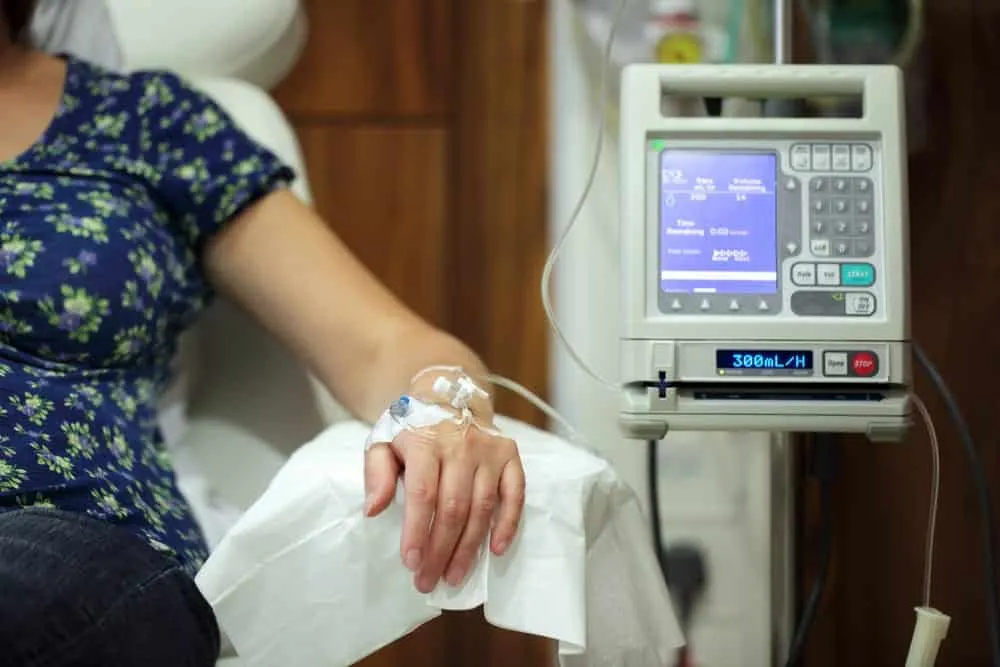
To find out if you have leukemia, you need to see a doctor immediately. The specialists who can make this diagnosis are the oncologist, hematologist and the general practitioner. Treatments will depend on the type and intensity of the disease. The types of treatment are:
- Chemotherapy
- Biological therapy
- Targeted therapy
- Radiation therapy
- Stem cell transplant
Leukemia has a cure, however, this will depend on the type and severity of it. The sooner the diagnosis is made, the more chances of a cure there are.
If you liked this article, you might also like this one: 10 before and afters of people who beat cancer and started their lives over
Source: My Life

Sign up for our newsletter and stay up to date with exclusive news
that can transform your routine!
Warning: Undefined array key "title" in /home/storelat/public_html/wp-content/plugins/link-whisper-premium/templates/frontend/related-posts.php on line 12
Warning: Undefined array key "title_tag" in /home/storelat/public_html/wp-content/plugins/link-whisper-premium/templates/frontend/related-posts.php on line 13

